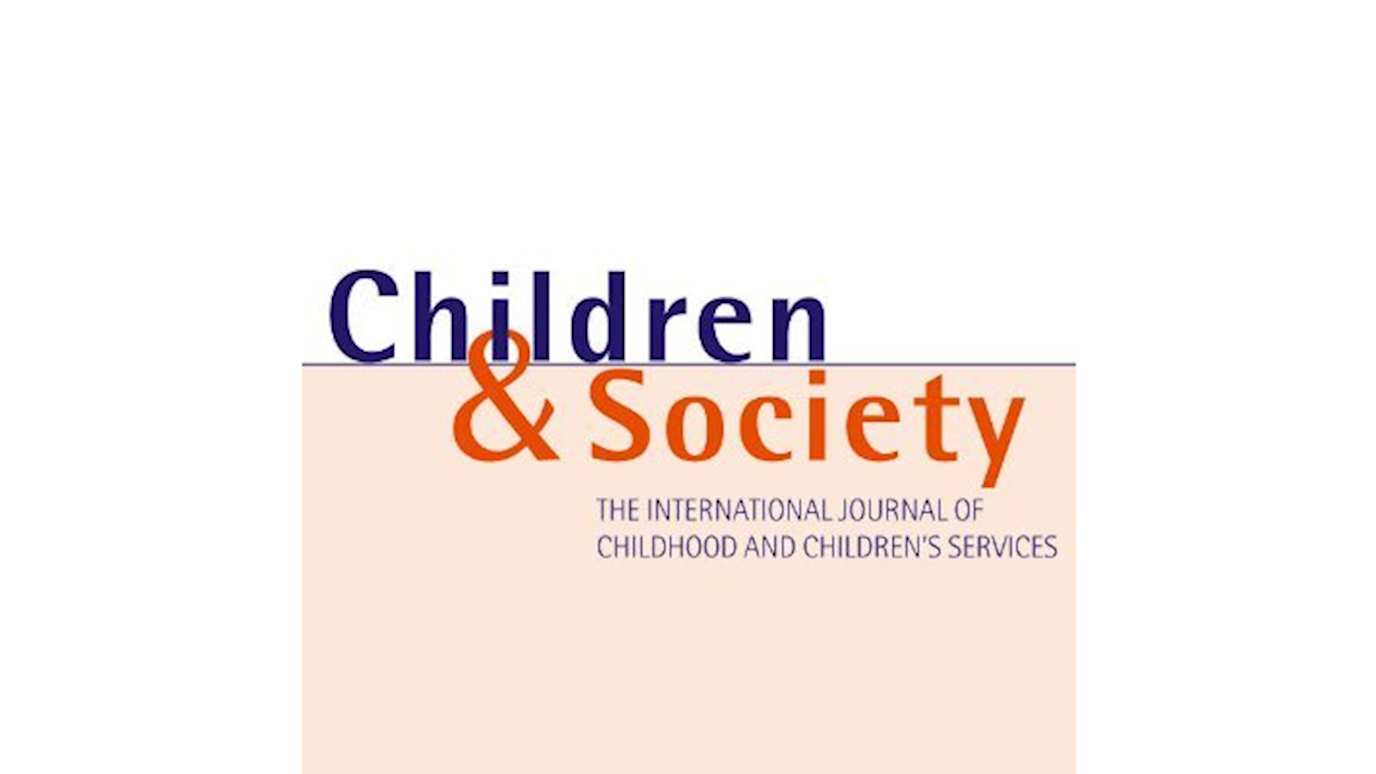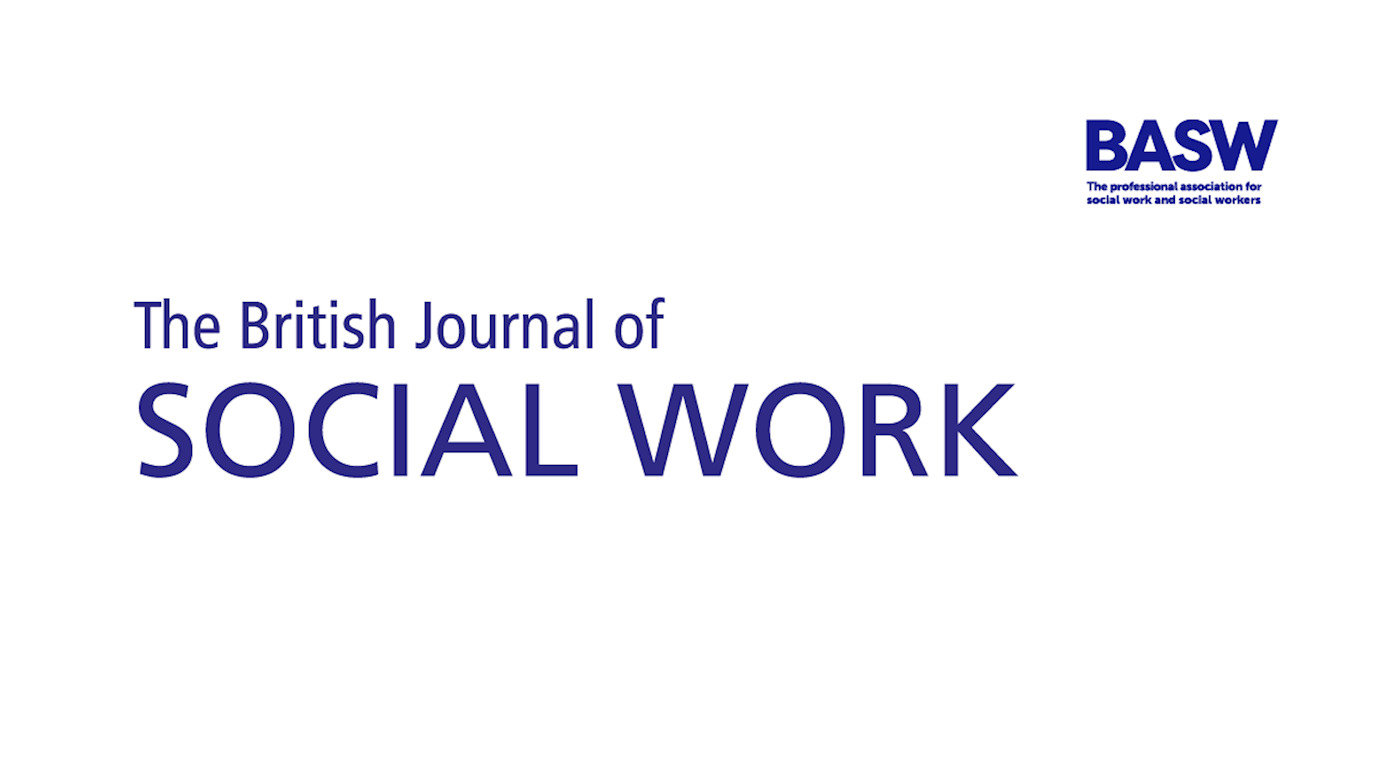Our faculty members had several presentations at the European Social Work Research Association Conference (ESWRA) and at the forthcoming joint social work education conference.

European Social Work Research Association Conference
Prof Tony Evans presented a joint paper with Karl Mason on ‘Reconceptualising Discretion: Making Policy Work in Adult Social Work Practice’. This presentation provided a critical re-examination of the relationship[s] between social work and policy and the key role of discretion in providing innovative and responsive services and making policy work. Presenting a three-part conceptualisation of discretion as policy practice, this paper identified different ways in which practitioners can make policy on the ground and can do this in partnership with service-users and communities.
A second paper from Karl and Tony focused on ‘Social Work Interdisciplinary Cooperation and Self-Neglect, Exploring Logics of Appropriateness’, drawing on their joint paper on this topic published in the British Journal of Social Work (2020). Findings from a qualitative study of social workers in adult social care teams in an English city and workers’ views of cooperative working were presented, highlighting how social workers moved between different logics in this area of practice - leadership, joint working, conflict and proxy.
Prof Anna Gupta presented a joint paper with Prof Brid Featherstone (University of Huddersfield) on findings from a British Association of Social Workers (BASW) funded research project on the role of the social worker in adoption in the UK with a focus on ethics and human rights. Entitled ‘Ethical Trespass and Social Work Learning from People Living with/in Adoption’ this presentation focused on the perspectives of people who have experience of social work services, namely, adopted people, birth families, and adoptive parents. Their responses were explored in relation to two interrelated areas: living with/in adoption and the role of the social worker in adoption. The findings of this study challenge policy attempts that are framed around “new beginnings” for children.
Dr Louise O’Connor presented her research on emotions in social work practice. In the paper ‘The Practising of Emotions in Children & Families Social Work: Findings from an Ethnographic Study) Dr O’Connor shared findings from this ethnographic study which aimed to develop understanding of an under-researched area of social work practice, namely how social workers construct and use their emotions in their everyday work and the factors that impact on this. This presentation illuminated some of the complex intersubjective emotion practices practitioners engage with in the performances of practice and in systemic group supervision. By evidencing some of these practices and developing a language to describe them, this presentation provided new insights into how emotions can inform relationship-based practice, sense making and analysis.
Joint Social Work Education and Research Conference
In a talk entitled ‘A life course approach to mental health recovery for African and Caribbean men’ Prof Frank Keating is presenting on his research which focuses on mental health and particularly African and Caribbean men’s experience of mental health.
Prof Anna Gupta is co-presenting with colleagues from Camden, including professionals and people with lived experience of social work services from Camden on the topic of: ‘Changing the stories and the story-tellers: Reflections on a family- led child protection enquiry’.
In a talk on ‘Reclaiming the role of emotions in social work: Learning from an ethnographic study’ Dr Louise O’Connor presents further findings from her ethnographic research which sheds new light on the role of emotions in everyday practice and the implications of how emotions are constructed for the profession.
Karl Mason co-presents with colleagues on the important implications arising from their exploration of ‘Sexuality and religion in the social work classroom: Exploring the implications of a court of appeals judgment for social work educators’.
























